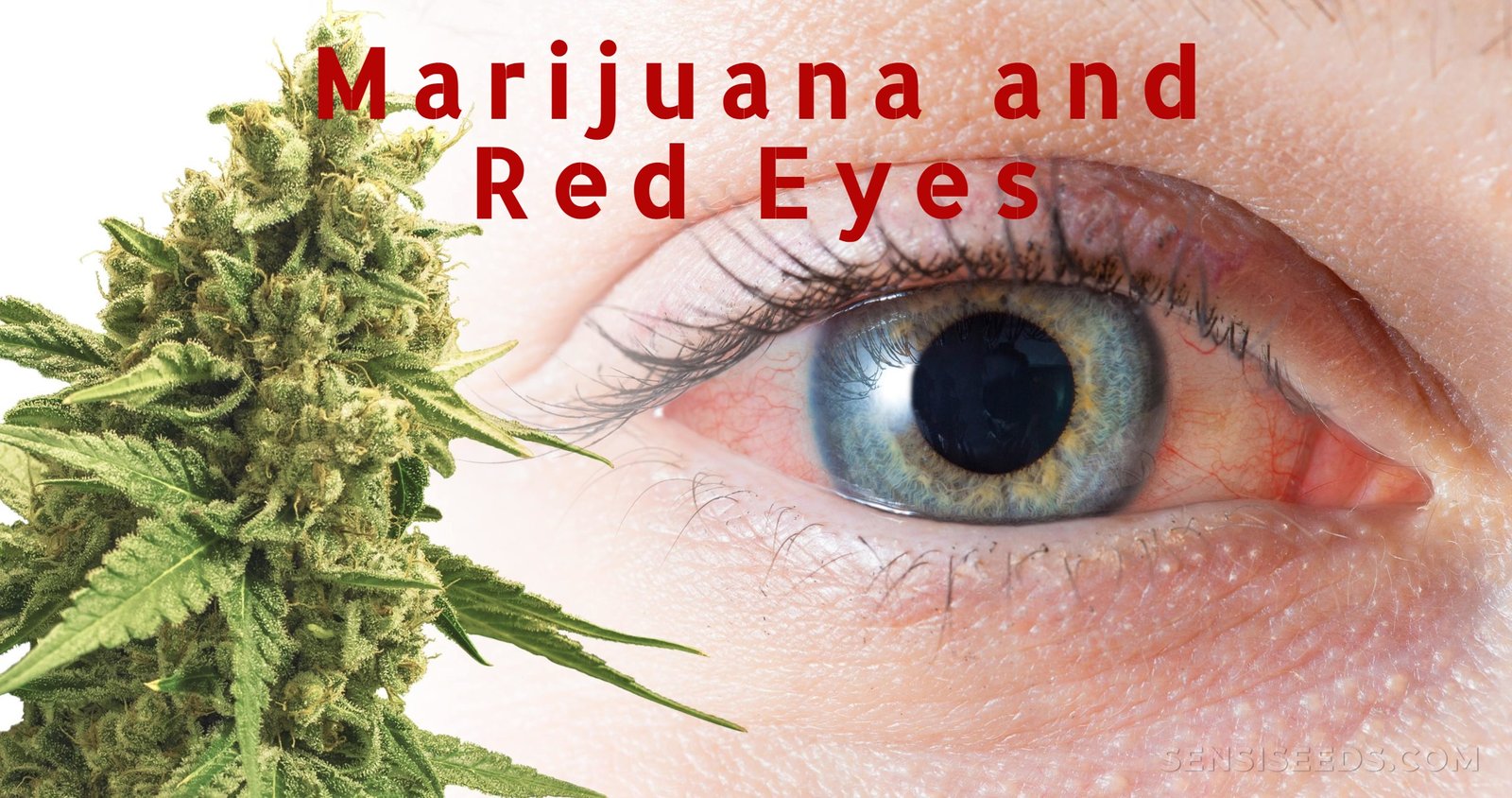19 Benefits of Using Hemp: Unveiling the Therapeutic Potential
While hemp has gained recognition for its potential therapeutic benefits. It’s essential to acknowledge that like any substance. It can have negative effects on individuals. Hemp seeds are both edible and rich in nutrients, making them a highly nutritious choice. They boast a high fiber content and are a valuable source of omega-3 and omega-6 fatty acids. These fatty acids play crucial roles in maintaining heart health and promoting healthy skin.
While hemp and marijuana are occasionally confused. It’s important to note that hemp contains minimal amounts of THC, the primary psychoactive compound in marijuana responsible for the “high” sensation. Consequently, hemp is cultivated primarily for non-drug purposes due to its low THC levels.
In this article, we will dive into 19 potential benefits effects of using hemp. By understanding these risks, individuals can make informed decisions regarding its use and consider their overall health and well-being.
19 Benefits of Using Hemp: Impaired Cognitive Function
Hemp use can impair cognitive functions, including memory, attention, and problem-solving skills. Regular or heavy use, especially in adolescence, may lead to long-term effects on brain development and cognitive abilities.
19 Benefits of Using Hemp: Respiratory Issues
Smoking Hemp can lead to respiratory problems similar to those caused by tobacco smoke. Frequent cannabis smoking may result in chronic bronchitis, coughing, wheezing, and increased susceptibility to respiratory infections.
19 Benefits of Using Hemp: Mental Health Concerns
While cannabis may alleviate symptoms of stress and anxiety for some individuals. It can worsen mental health conditions in others. Heavy or prolonged use has been associated with an increased risk of developing or exacerbating conditions such as psychosis, schizophrenia, and depression.
19 Benefits of Using Hemp: Addiction and Dependency
Contrary to popular belief, cannabis can be addictive. Regular and prolonged use may lead to dependency, with individuals experiencing withdrawal symptoms when trying to quit. This can impact daily functioning and overall well-being.
Impaired Driving Skills
Hemp use can impair motor skills, coordination, and judgment, making it dangerous to drive or operate machinery while under the influence. Driving under the influence of cannabis is illegal and poses significant risks to oneself and others on the road.
Cardiovascular Effects
Using Hemp can cause temporary increases in heart rate and blood pressure. Individuals with pre-existing cardiovascular conditions may be at higher risk of experiencing adverse cardiovascular effects, including heart palpitations and increased risk of heart attack.
Reduced Lung Function
Long-term cannabis smoking can lead to decreased lung function, similar to the effects of tobacco smoking. This may result in reduced lung capacity, shortness of breath, and an increased risk of chronic obstructive pulmonary disease (COPD).
Impaired Motor Skills
Cannabis use can impair motor skills and coordination, affecting balance, reaction time, and fine motor control. This can increase the risk of accidents and injuries, especially when engaging in activities that require focus and precision.
Educational and Occupational Impact
Regular cannabis use, especially in adolescence, has been associated with negative educational and occupational outcomes. It can hinder academic performance, reduce motivation, and impact job prospects due to impaired cognitive abilities and decreased productivity.
Financial Burden
Regular cannabis use can be financially burdensome. The cost of purchasing cannabis products, particularly in regions where it is not legal, can add up over time and strain personal finances.
Relationship Strain
Cannabis use can strain relationships, especially when one partner uses it excessively or the other partner disapproves. Differences in values, lifestyle choices, and concerns about its impact on the relationship can contribute to conflict and discord.
Legal Consequences
In many regions, the use, possession, and distribution of cannabis are still illegal. Engaging in illicit activities related to cannabis can result in legal consequences, including fines, imprisonment, and a criminal record, which can have lasting impacts on various aspects of life.
Increased Risk of Accidents
The impaired cognitive and motor functions caused by cannabis use can increase the risk of accidents, both at home and in public settings. This includes injuries from falls, burns, and
Increased Risk of Accidents
The impaired cognitive and motor functions caused by cannabis use can increase the risk of accidents, both at home and in public settings. This includes injuries from falls, burns, and accidents while operating machinery or engaging in activities that require focus and coordination.
Negative Impact on Motivation
Regular cannabis use may lead to a decrease in motivation and productivity. Individuals may experience a lack of drive and ambition, impacting their personal and professional goals and hindering overall success.
Compromised Lung Health
Smoking cannabis, particularly when combined with tobacco, can have detrimental effects on lung health. Chronic cannabis smoking can lead to respiratory issues such as chronic bronchitis, lung infections, and an increased risk of lung cancer.
Adverse Effects on Fertility
Cannabis use can negatively affect both male and female fertility. In males, it can reduce sperm count and motility, impairing fertility. In females, it may disrupt the menstrual cycle and hinder reproductive health.
Memory and Learning Impairment
The psychoactive compound in cannabis, THC (tetrahydrocannabinol), can impair short-term memory and interfere with the process of learning and information retention. This can impact academic performance and cognitive abilities in daily life.
Respiratory Irritation and Infections
Smoking cannabis can cause irritation and inflammation of the respiratory tract, leading to coughing, chest discomfort, and an increased risk of respiratory infections. This is particularly concerning for individuals with compromised immune systems or pre-existing respiratory conditions.
19 Benefits of Using Hemp: Interference with Medications
Cannabis use can interact with certain medications, potentially reducing their effectiveness or causing adverse reactions. It is crucial to consult with healthcare professionals to ensure the safe and appropriate use of cannabis in conjunction with other medications.
FAQ:
19 Benefits of Using Hemp: Is Hemp safe for everyone to use?
No, Hemp may not be safe for everyone. Certain individuals, such as pregnant women, individuals with a history of mental health disorders, or those at risk of cardiovascular issues, should exercise caution and consult with healthcare professionals before using cannabis.
19 Benefits of Using Hemp: Can Hemp cause addiction?
Yes, Hemp can lead to addiction and dependence in some individuals, especially with regular and prolonged use. It is important to be mindful of usage patterns and seek help if struggling with dependency.
19 Benefits of Using Hemp: Can Hemp use lead to psychosis or schizophrenia?
While Hemp use alone may not directly cause psychosis or schizophrenia, heavy or prolonged use, particularly in individuals with a predisposition, can increase the risk of developing or exacerbating these conditions.
19 Benefits of Using Hemp: Can Hemp help with anxiety and stress?
While some individuals may find temporary relief from anxiety and stress with cannabis use, it can also worsen symptoms in others. It is essential to consider individual reactions and consult with healthcare professionals for personalised guidance.
19 Benefits of Using Hemp: Is Hemp use legal everywhere?
Cannabis laws vary across different countries and regions. It is crucial to be aware of and comply with local laws and regulations regarding the use, possession, and distribution of cannabis.
19 Benefits of Using Hemp: Final Take Away
While cannabis has been celebrated for its potential therapeutic benefits, it is important to acknowledge the potential negative effects associated with its use. From cognitive impairment and mental health concerns to respiratory issues and addiction, understanding these risks can empower individuals to make informed decisions about cannabis use and prioritize their overall health and well-being. It is crucial to approach cannabis use responsibly, seek professional guidance when needed, and be aware of local laws and regulations to ensure safety and compliance. As with any substance, moderation and responsible use are key in minimizing the potential adverse effects of cannabis.






